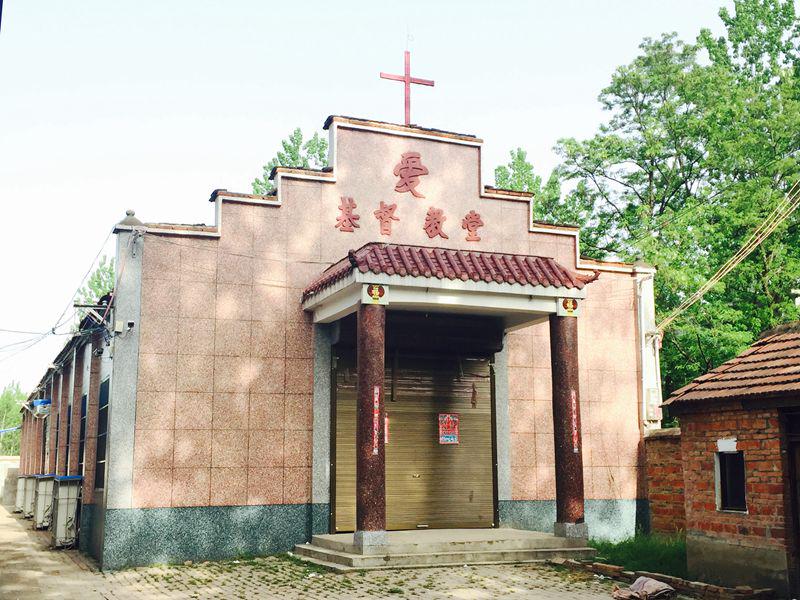I grew up in a rural church located at the junction of three cities in two provinces. I remembered that despite the worse conditions compared with a large urban church, a small rural church had a stronger human touch -- the congregation were all from the same village or town.
With urbanization, rural children who study in cities don't return to the countryside in general and young migrants only come back to their hometowns during festivals. This is why there are mostly elderly, sick and weak believers, with a few rural women looking after the children left in the rural church.
The rural church is withering. Apart from some flourishing Pentecostal churches, other traditional churches are aging.
When I graduated from college, I met with fervent believers about ministry. They preferred to work in big cities, large churches, or youth fellowships. Only a few of them wanted to serve the rural church. In fact, they were mainly dominated by their jobs. Those who return to their hometowns are possible to serve the rural church. Many preachers I know would like to build young professional fellowships and newly formed urban churches in major cities. And that is what they've done.
I haven't met anybody person who claims to serve the rural church so far. It seems that the rural church is abandoned. Only those large churches that have roots in the countryside still support the rural church and the latter sustains the former to some degree.
For example, there is only one registered church in each town of my native place. The membership ranges from 50 to 100. It's not easy to recognize a shabby church building hidden among new and rebuilt buildings in villages and towns. One or two unregistered churches exist in each town. When I was a child, there was no so-called "house church" or "Three-Self Church". Later the Three-Self Patriotic Movement (TSPM) was started, then local leaders led their rural churches to join it one by one. The leaders reluctant to register left the church. This led to severing their ties with the government. Once a private gathering was slightly large, it would be reported. Therefore, the rural church didn't really go far.
The leaders of the township churches were generally illiterate. Knowing little about theology, they read the Bible and interpreted it casually. The church was shrouded in an aura of superstition. There were few brothers. The church left a bad impression: though it was loving, it lacked power. That had an adverse effect on evangelism and was a desperate reality.
I once took my childhood friends to the church when I was young. In the church it was hot, and there was no air conditioner. My friends endured heat from the beginning of the service to the end, and since then they refused to go to church with me. The gathering place was primitive. My impression of the earliest venue was a place refurbished from a pigsty offered by an elderly woman for free. For years, each time my mother and I took people to church, that become their one and only church experience. They didn't go to church again and this is gut-wrenching.
The gospel is good news for me. I can't help sharing it with my best friends, but it's really hard to reach people in my rural area.
Although these years have seen social development, the rural church finds itself where it started and the only "change" is that church buildings get older. Now my mother shares the gospel with unbelievers through giving them audio Bible players as gifts, yet the players are often returned.
Where is the way out for the rural church like this? Should we leave it there to die? Grand beautiful churches are built in every county in recent years, but what about rural believers?Who will feed those forgotten Christians?
Some may doubt whether we live in the same country and whether there is a desolate place, but it is true.
Regarding the issue, a few preachers told me that God had his plan and some claimed that their rural churches died out like this.
The previous Chinese church rooted in the countryside and the rural church kept revival flames in the difficult times.
But where is the way out? Is the rural church really forsaken?
- Translated by Karen Luo














